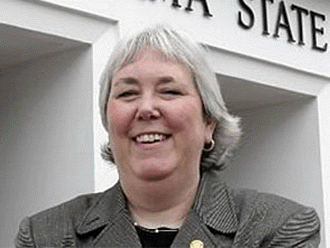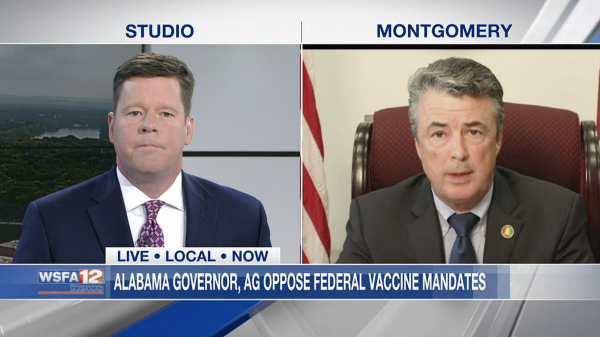By Susan Britt
Alabama Political Reporter
MONTGOMERY–Big business, buildings and applicants remain a concerns for some Democrats regarding the charter schools portion of the Education Options Act of 2012.
According to Rep. Patricia Todd (D-Birmingham) there is a possibility that “big business” will control these schools. “A nonprofit charter will partner with a for-profit corporation that will develop the curriculum and all of the structure of the charter school. They will pay that for-profit company to do that,” said Todd.
The bill, HB650, specifically states that only applicants that are of non-profit, non-religious status will be considered. However, Todd says that there is “no nonprofit in Alabama that has the ability to set up a charter school.”
Many charter schools, nationwide, are managed by charter school management companies. They offer bookkeeping, human resources management and other support services for these schools. Since there is not one available inside the state of Alabama, a non-profit choosing to use a management company would have to look out-of-state.
“I don’t like for-profit corporations coming in and taking money out of the Education Trust Fund,” said Todd.
Charter schools will need buildings. The bill provides that the cost of these facilities will be borne by the charter school. Although, instead of building new classrooms, vacant school buildings could be a solution. The charter school will get first right of refusal and can purchase the buildings for under fair-market value. Whether the local school board will have the ability to refuse the sale of property is still undetermined.
This bill is targeted at low-performing school districts. Todd said, “I wanted the children that go to the low-performing school to get first stab at it but [the bill sponsors] won’t do that.” She said that application will be available to any child in the school district and not targeted at a specific school within that district.
There another area of concern about a provision in the bill giving first preference to staff, faculty and founders children. It states:
“Students or potential students given enrollment preference shall be exempt from the random selection process. Enrollment preference may be provided only to the following:
- a. Students enrolled in the public charter school the previous year.
- b. Siblings of students already enrolled in the public charter school.
- c. Children of the founders, governing board members, and full-time employees of the public charter school, as long as the students given an enrollment preference pursuant to this paragraph, collectively, constitute no more than five percent of the total student population of the public charter school.”
Referring to the remainder of the bill addressing more flexibility in custom curriculum in public school districts, Todd said, “If they would take the charter piece out of it I would support the bill.”
A substitute was passed out of the Ways and Means Education Committee on Tuesday by a vote of 9-4. Chairman Jay Love said that he wanted to make sure that the bill was as clean as possible before it went to the House floor.



















































